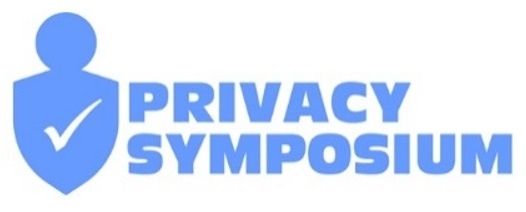International Law and Privacy
Mandat International supports the development and implementation of international law, including environmental law, data protection and privacy.
Here are some examples of our actions:

Research on Data Protection
Mandat International is actively engaged in research on data protection and privacy. It has researched and developed several innovative solutions to support privacy compliance. For instance, Privacy App enables smart cities to comply with the GDPR by sharing information on IoT deployments in the public space. DP-ID is a global registry of data processing activities that enables to share public information in line with GDPR obligations.

Privacy Symposium
The Privacy Symposium is a conference, organized and supported by Mandat International to promote international dialogue, cooperation and knowledge sharing on data protection and privacy. It gathers top level experts and data protection authorities with several focuses:
- The latest evolutions in data protection regulations at national, regional and international levels
- Data protection compliance with innovative technologies such as artificial intelligence, Blockchain, Internet of Things, quantum computing, cloud, edge computing, 5G, V2X, metaverse, etc.;
- eHealth and medical data processing compliance with the GDPR.

Legal Search Engine on International Law
Mandat international led the development of a legal search engine on international law encompassing Human Rights, Humanitarian Law, Environmental and Law of the Sea domains with over 1000 conventions. It is designed to facilitate the work of professionals and to enable any one to access and discover the applicable international norms that are binding any country. It is available in English, French, and Spanish.
The foundation works on the asumption that the rule of law is the cornerstone of civilization. There is no rule of law without equality of treatment, impartiality, and proportionality. These principles should apply at national and international levels. Similarly, the foundation considers that there is no democracy without individual rights, including freedom of thought, freedom of expression, academic freedom, and the right to access pluralistic information.
